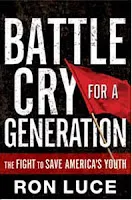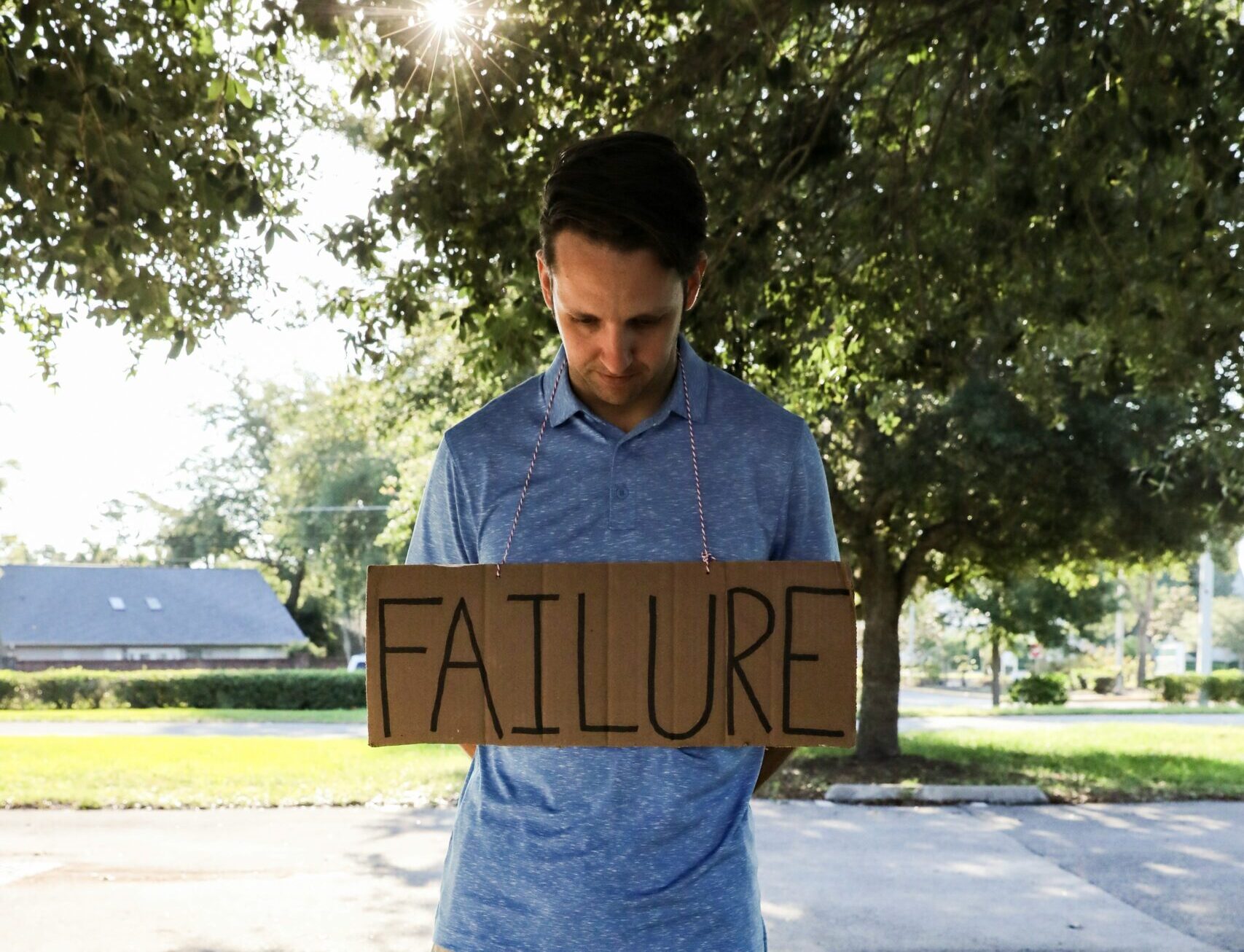The second season of the docuseries Shiny Happy People arrived last month, and I couldn’t be more excited. An immediate binge watch was followed by a slower rewatch as I tried to soak it all in.

Season 2 follows the story of Teen Mania Ministries, which was founded by Ron Luce in the 1990s. If Teen Mania doesn’t sound familiar, Acquire the Fire, a series of praise and worship rallies held around the country, might be more familiar. Or perhaps BattleCry — Acquire the Fire’s more overtly political younger sibling. Teen Mania Ministries was the organization behind both Acquire the Fire and BattleCry as well as the Honor Academy for young adults and various mission trips around the world.
As with the first season of Shiny Happy People, which explored the Duggar family and the IBLP (Institute in Basic Life Principles), the second season explained a lot about how we ended up where we are today, particularly as we consider the growing prominence of Christian nationalism on the political right in the United States.
That’s because probably the scariest part of the series was Teen Mania and Ron Luce’s foray into politics. It becomes clear very quickly why the title for the second season is A Teenage Holy War.
As one participant noted in the docuseries, the young people involved in Teen Mania were “political projects” for Luce and for those helping to fund and support Teen Mania, part of the larger conservative/Christian nationalist project of taking America back for God. Luce helped build a “teen army,” indoctrinating young people into conservative evangelicalism and politics and priming them to help fight white evangelicals’ cultural and political battles not only in the 1990s but for decades to come.

At the BattleCry rallies, the language about being in a holy war as well as military and political iconography were on steroids. “We’re fighting to win souls” so easily transitioned into “We’re fighting to win back the country.” And Luce made it clear that the young Christians at these rallies and who joined Teen Mania were the foot soldiers in this war. All scary stuff as we think about recent events and our current political situation.
While the militant Christian nationalism was the most overt, there were also subtler themes of preying on young people as political projects at play in Teen Mania Ministries. Subtler, yes, but no less terrifying.
The first was the emotional manipulation of young people at these big events — Teen Mania was essentially indoctrinating children as young as 11 years old. BattleCry and Acquire the Fire created atmospheres that were hard to resist. Surrounded by peers with powerful speakers and music was a recipe for heightened and manufactured emotional responses. And it was easy to point to these emotional responses as evidence of the Holy Spirit, divine intervention, and divine revelation.
These heightened emotional responses in turn convinced many of these young people to join the Honor Academy as “interns,” doing menial labor or even things like telemarketing to raise money for the organization and paying Teen Mania for the experience. What was supposed to be a safe place for young people to belong and grow in their faith ended up being an unsafe and exploitative experience for many.
The other subtle theme that stood out to me was the common experience Teen Mania participants had of policing and disciplining themselves. Many of the people featured in the documentary shared similar stories about the pressure they felt to constantly monitor their own behaviors to make sure they were in line with the rules and values of conservative evangelicalism and the Teen Mania organization.
They were encouraged to “die to yourself. For teens involved in the Honor Academy this meant denying their instincts that what they were witnessing and experiencing were wrong. Because of this pressure to constantly monitor their behavior and die to self, many of them dealt with internalized shame over behavior that was totally innocuous or developmentally appropriate for young people at their age.
This theme stood out because I’ve discussed it with others who grew up in this kind of evangelical Christianity. We certainly remember the self-policing and shame — you were always monitoring yourself for something you might be doing wrong and there was pressure to be prepared to confess this “sin” to your youth group leaders and peers.

The religious authorities don’t need to do much when you’re spending that much of your time policing and shaming yourself to fall in line and conform. And just because you are the one policing yourself doesn’t mean that policing and shame is any less destructive. It drove many of these young people away as they realized how exploitative and abusive Teen Mania could be.
Ultimately, it’s a scary and sad story — one of vulnerable young people being exploited by their supposed religious leaders and used only as props in a bigger political project.
We see a lot of rhetoric about the political left indoctrinating and preying on young people. This latest season of Shiny Happy People, however, only further confirmed my suspicions that this sort of rhetoric is simply projection from the right. This is where preying on and destructive indoctrination of young people is actually taking place
Failure photo by Mick Haupt on Unsplash


2 Responses
Thank you Allison, I remember “Jesus Camp” many years ago, are they at all connected?
I appreciate your insights, yours is a voice I need to hear.
“Policing and shaming yourself” sound so ominous. How do you see them as different from the fruit of the Spirit called “self control” or the truth that God has given us a “spirit of power and love and self-control”? My daughter-in-law teaches at a school where many students exhibit very little self-control—stealing, fighting, lying, disrespect, drawing pornography in textbooks, swearing, rejection of authority, bullying. I have no wish to defend any evangelical group that’s manipulating students, but this other kind of teen mania is even more ominous than that.